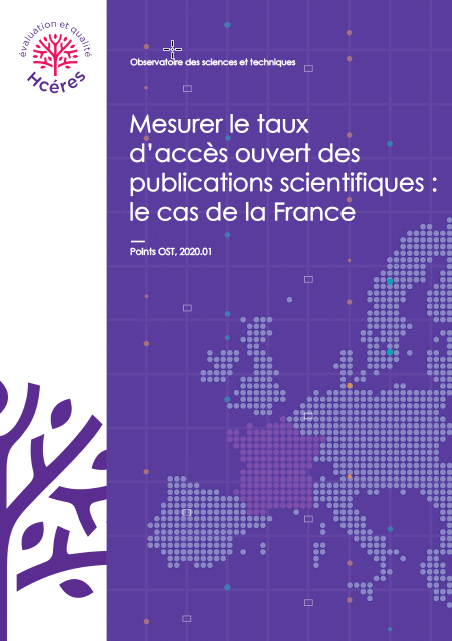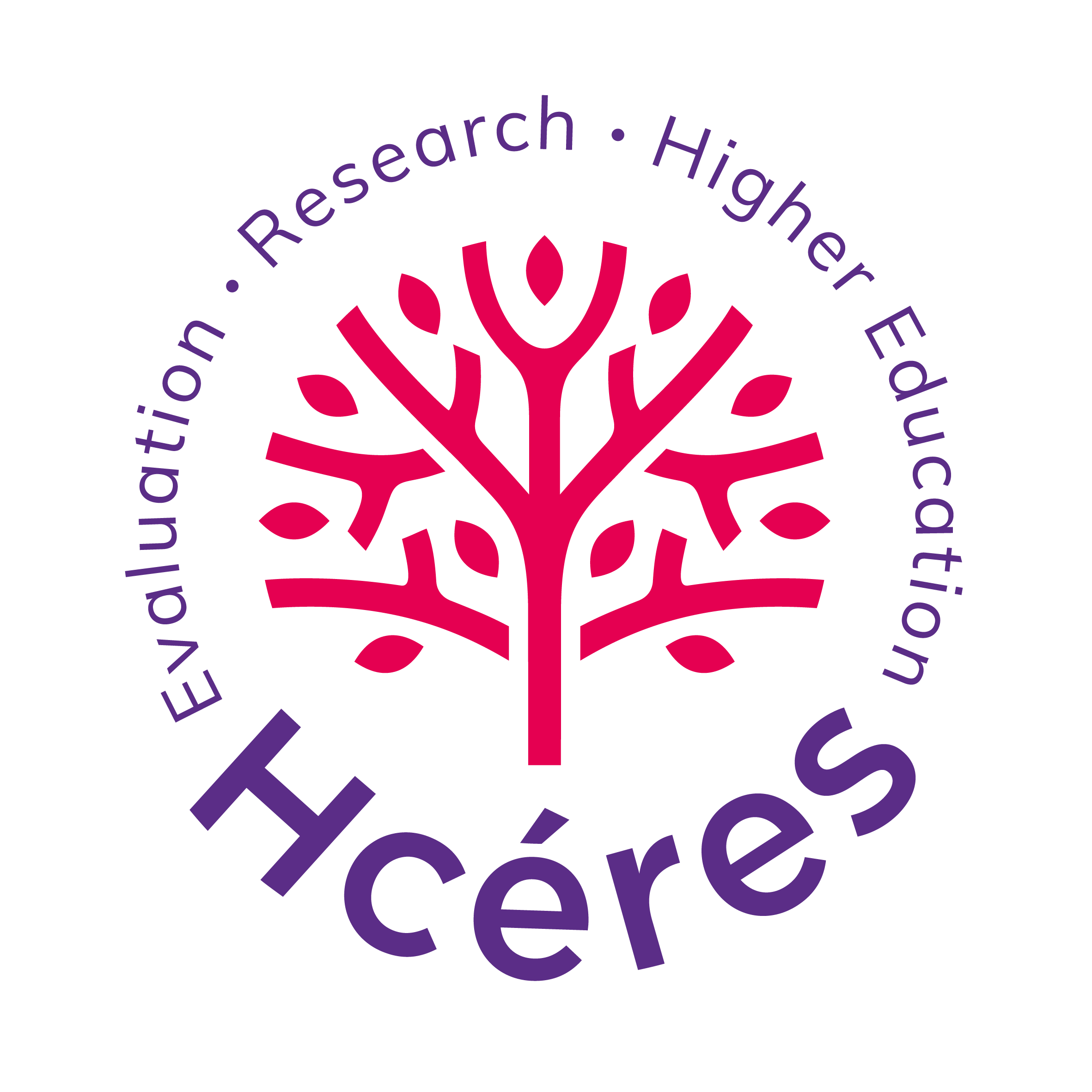Science and Technology Observatory (OST)
Measuring open access to scientific publications: taking account of national and institutional disciplinary profiles
Published on
 In an international context in which open science is promoted by public policies, the measurement of developments in this field is examined by contributions that adopt different approaches, from monitoring national public policy objectives to comparing different countries and producing indicators at the institutional level.
In an international context in which open science is promoted by public policies, the measurement of developments in this field is examined by contributions that adopt different approaches, from monitoring national public policy objectives to comparing different countries and producing indicators at the institutional level.
The OST's analysis focuses on the comparability of different estimates produced for France, and more generally on methodological issues. Divided into four parts, it:
- analyses the methods for tracking open access (OA) publications according to the types of open access;
- compares estimates of the OA publication rate for France and identifies the methodological choices that influence the results obtained;
- presents a normalised indicator of open access to scientific publications per disciplinary speciality, enabling more reliable comparisons between institutions and countries;
- compares the raw open access rate and the normalised indicator for the top 20 countries that are the largest producers of publications, and for French institutions.
This study is the first volume of a new collection entitled Points OST (OST Reviews). Each issue will present an application of recent methodological developments, with a particular focus on providing a more detailed analysis of France's international positioning in the research and innovation sectors. The next issue is to be published in September 2020 and will focus on the constitution of thematic corpora based on a textual analysis method.



